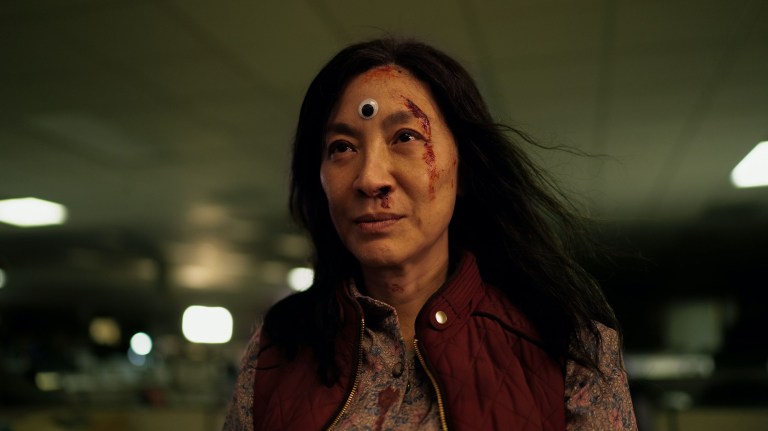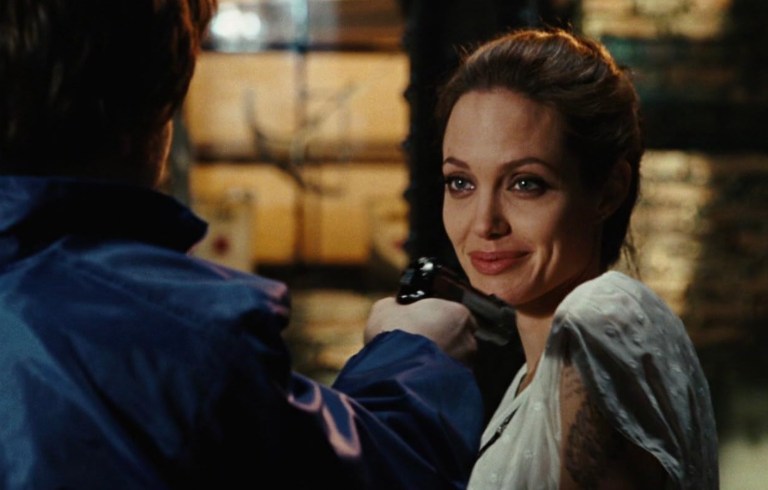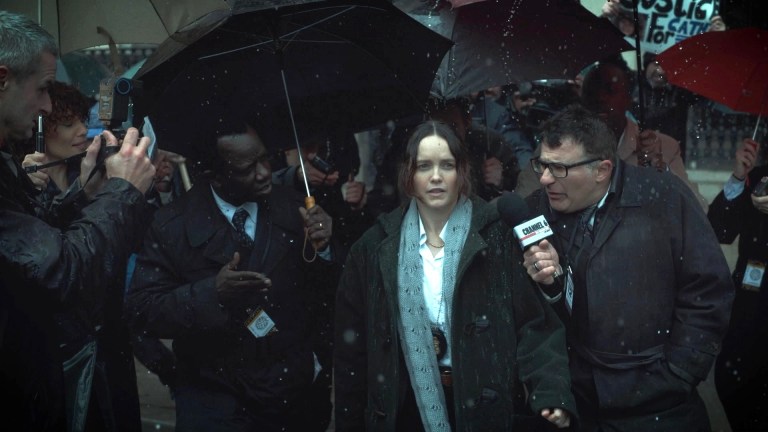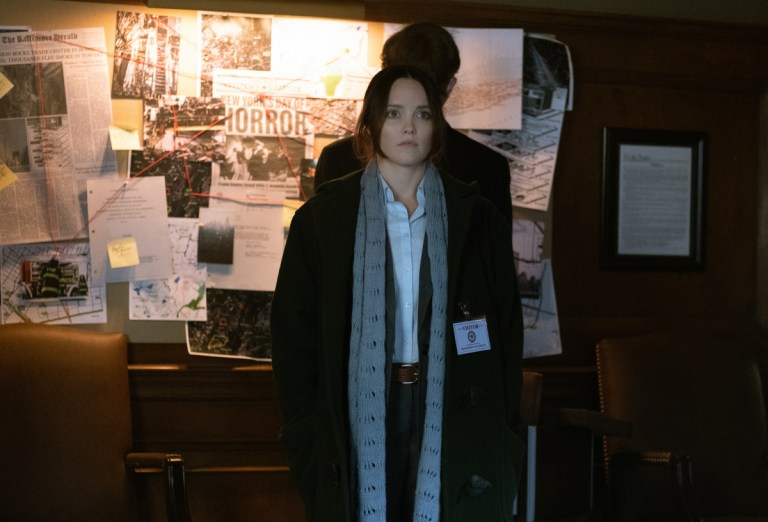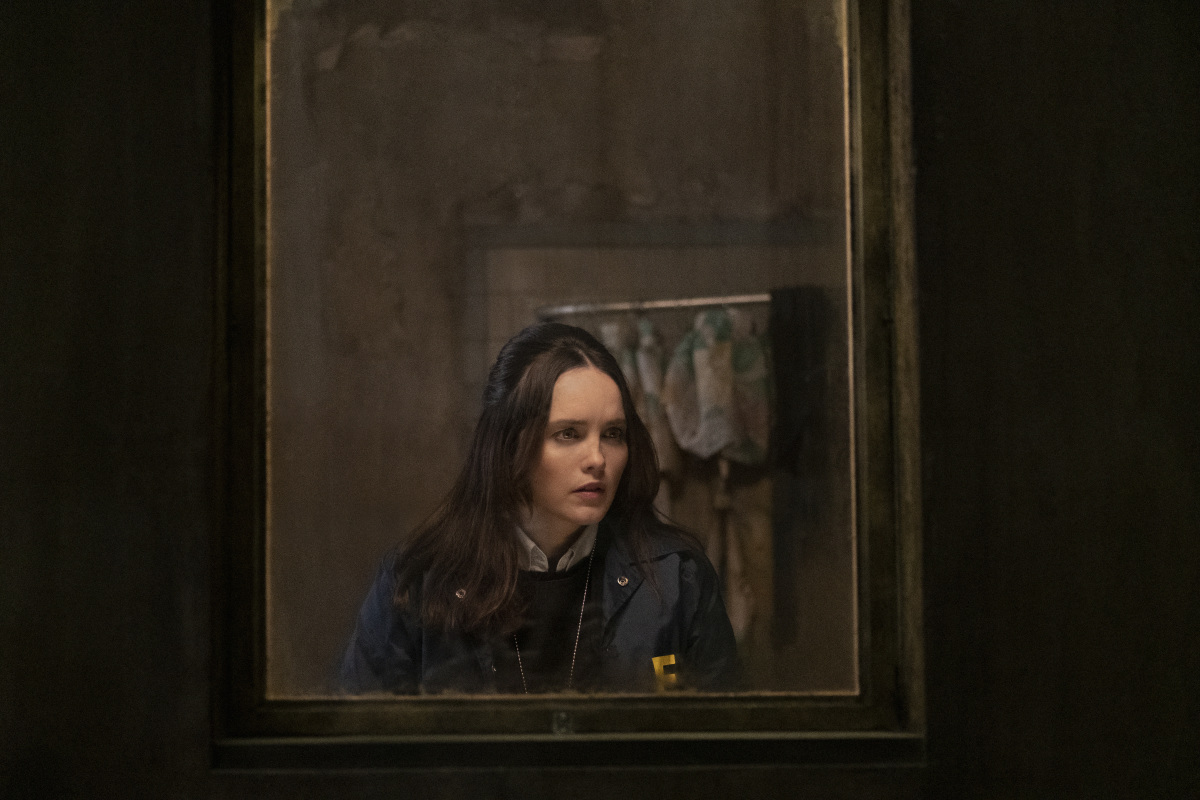
Here’s Exactly What It’s Like To Be ‘Clarice Starling’ In Real Life
What is it like to be an FBI agent? When most people try to visualize it, they imagine tracking down serial killers, standoffs with right-wing militias, and navigating deadly terrorist attacks. Maybe they think about some of their favorite characters, such as Alex Cross, Spencer Reid, John Travolta in Face/Off. Personally, I think about Clarice Starling.
In real life, working in the FBI is hardly like a movie. The hiring process is rigorous and long-winded—so much so that some people quit before they’re actually ever hired. And sure, while FBI agents do deal with serial killers, right-wing militias, and deadly terrorist attacks, it’s rarely the spectacle you see on the big screen. Hostage negotiations are infrequent and few agents ever draw their weapons. FBI agents aren’t as humorless and rigid as your favorite novel leads you to believe. And no, the FBI isn’t some all-knowing entity withholding all the secrets of the universe—but that wouldn’t make for good TV, would it?
Despite being a character from books, movies, and now television, there is something uniquely authentic about Clarice Starling, and it’s this: As a character, she reflects the difficulties that women special agents face in their heavily male-dominated profession—something we rarely see in other forms of entertainment media.
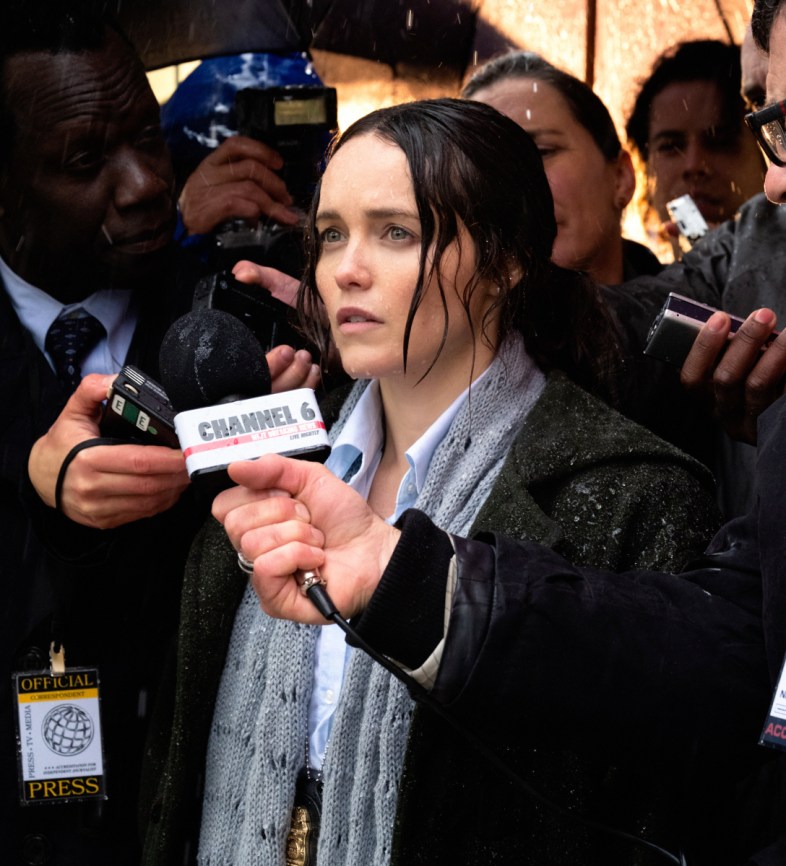
For a long time, women were a rarity in the FBI. In the 1920s, three women were hired in an effort to combat sex trafficking, though they didn’t receive the same treatment as their male colleagues. They were asked to resign when J. Edgar Hoover became the acting director of the Bureau in 1924, and for the rest of his tenure, he had one firm rule: only men were allowed to be special agents.
Because of Hoover’s dismissal of women in the Bureau, the FBI didn’t hire any more women until his death in 1972. Soon after, they hired Joanne Pierce Misko and Susan Roley Malone, but the damage was already done—while the thought of female agents were intriguing to some, others thought they didn’t belong. During one of her first days of training, a few male trainees approached Malone to badger her, including one who questioned what made her think she could be an FBI agent.
“I sat down and talked with him and said, you know, I love my country just like you, I want to serve in federal law enforcement, I know the Bureau, have always cherished the good work the Bureau does,” Malone recalled. “And I want to be here for the same reasons you want to be here.”
Though the answer seemed to abate his hostility and Malone reported little harassment otherwise, many women in the FBI haven’t had the same experience. Even now, nearly 50 years later, female special agents may no longer be the rarity that they once were, but they still face plenty of challenges.
Part of the reason The Silence of the Lambs was such a groundbreaking movie was because it never failed to shy away from the sexism and misogyny that was deeply rooted in law enforcement. Clarice Starling became a hero to so many women not because she existed in a world without these hardships but because she encountered them daily and faced them head-on. She fought against colleagues who didn’t take her seriously and criminals who were quicker to sexualize her than regard her as a credible threat. And while Clarice had the tenacity and the ambition to keep fighting through the casual everyday misogyny, some women find that their gender hinders their ability to make it to Clarice’s position at all.
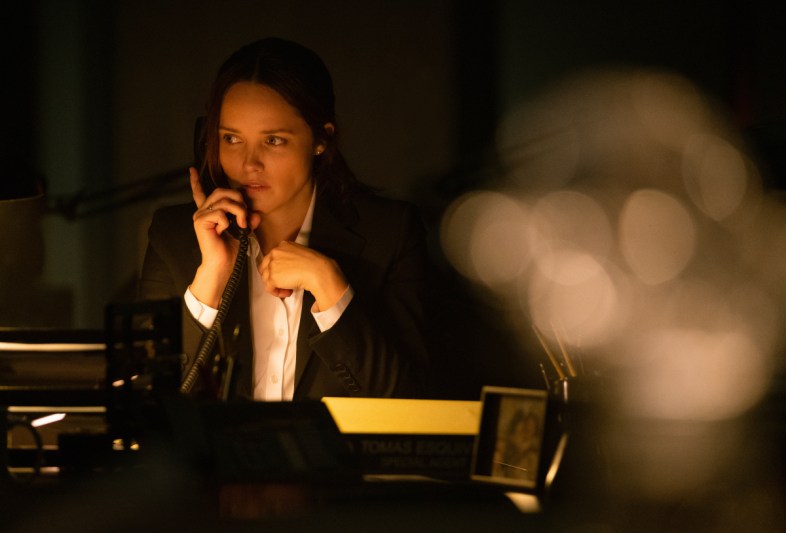
As of last year, there were five times as many male special agents as female ones, and even less in leadership roles. While that is partially due to the lower number of applications from female candidates, a 2019 lawsuit offers an alternative explanation: according to 16 women who trained to become FBI agents and analysts, over 100 female trainees were treated differently from their male counterparts. Not only were they allegedly victim to a biased review process and sexual harassment, but they were also more likely to be punished for mistakes and even dismissed from the academy. And in 2020, when at least six high-ranking FBI officials were accused of sexual misconduct, it became clear: Even today, nearly 30 years after The Silence of the Lambs was released, female special agents still carry some burdens their male colleagues may never understand.
Where does that leave female special agents? The outlook isn’t all bleak. Their day-to-day experiences on the job rarely differ from their male counterparts’—while some of their requirements during training differ (specifically when it comes to the physical fitness test), women go through the same defense tactics and firearms classes and compete for the same roles. In some ways, women might actually innately possess some of the most important traits for the job, such as key analytical techniques and the ability to connect with and interview even the most difficult witnesses.
“Women bring a very unique skill set, and communication again is one of the things that women often excel at,” FBI Special Agent Jennifer Bach told 3WTKR. “It’s something that we can definitely utilize here.”
Bach, who started off as a high school biology teacher and later joined the FBI at age 31, said that some women worry they won’t be able to balance their work life with their family life, but that this is a myth—despite her high-stakes career, she was still able to maintain her personal relationships. And while working at the FBI may not be a stress-free job, it still comes with its own thrills—in fact, according to agent Amy Hess, the first woman to head the science branch, many women seem to prefer the thrilling, fast-paced aspect of their career to a desk job. Before Hess moved to the science branch, she worked violent crimes, gangs, and drugs and even ran the FBI’s counterterrorism operations in Afghanistan for a brief period.
“That’s the reason you come into the bureau,” Hess told the New York Times in 2016. “Not to push paper.”
So maybe the real-life Clarice Starlings aren’t befriending cannibals or matching outfits made out of human skin to their victims, but they are continuing on her legacy by speaking out, breaking down barriers, and continuing to push against the societal boundaries that make it so much more difficult for women to succeed in male-dominated professions. Because yes, heroism is tracking down serial killers, standoffs with right-wing militias, and navigating deadly terrorist attacks, but it’s also continuing to fight for your place in a world that tells you that you don’t belong. If we can take anything away from Clarice, I hope it’s that.

